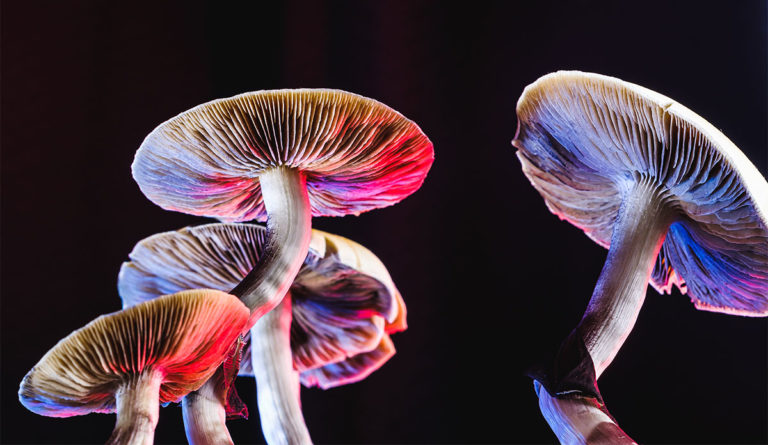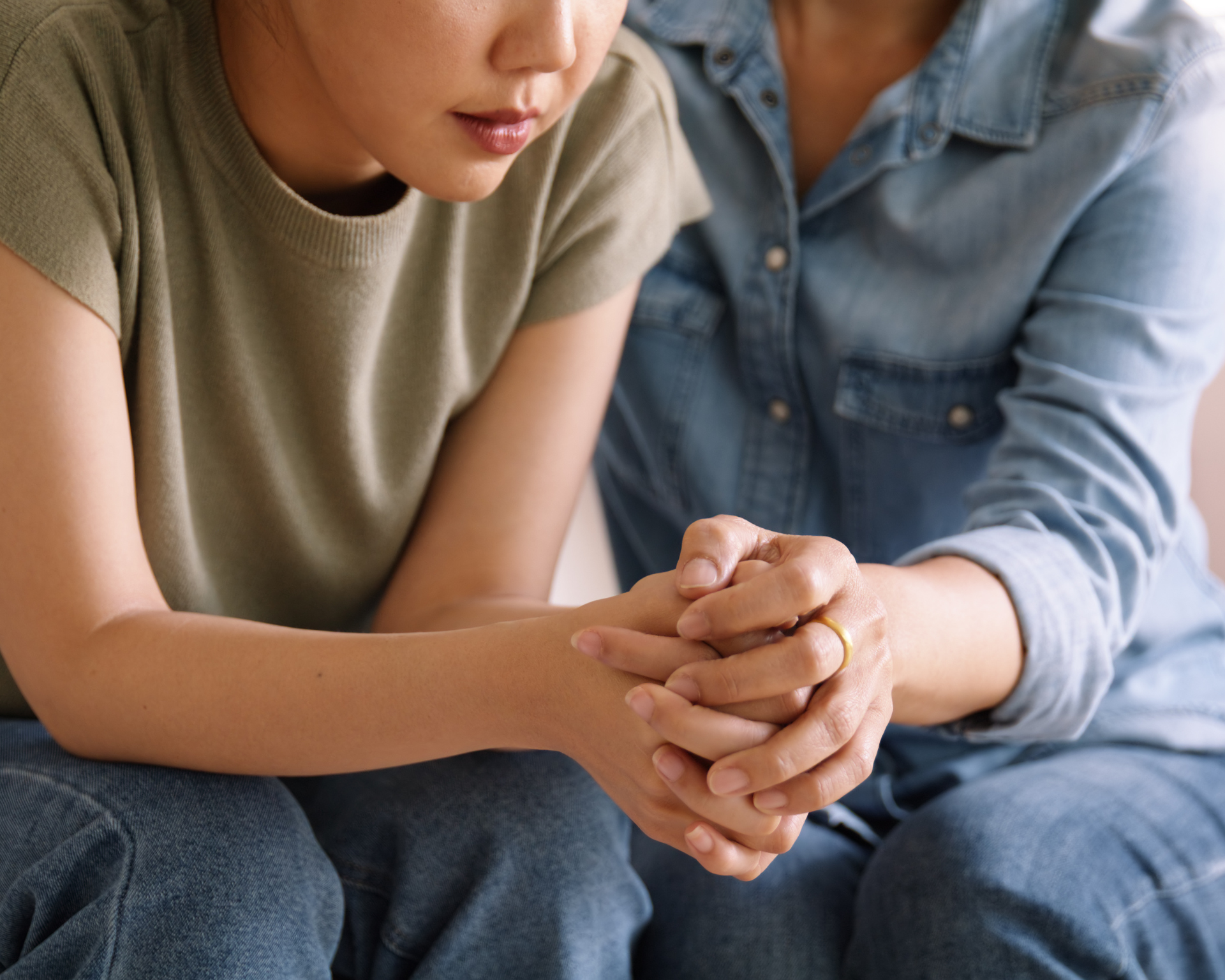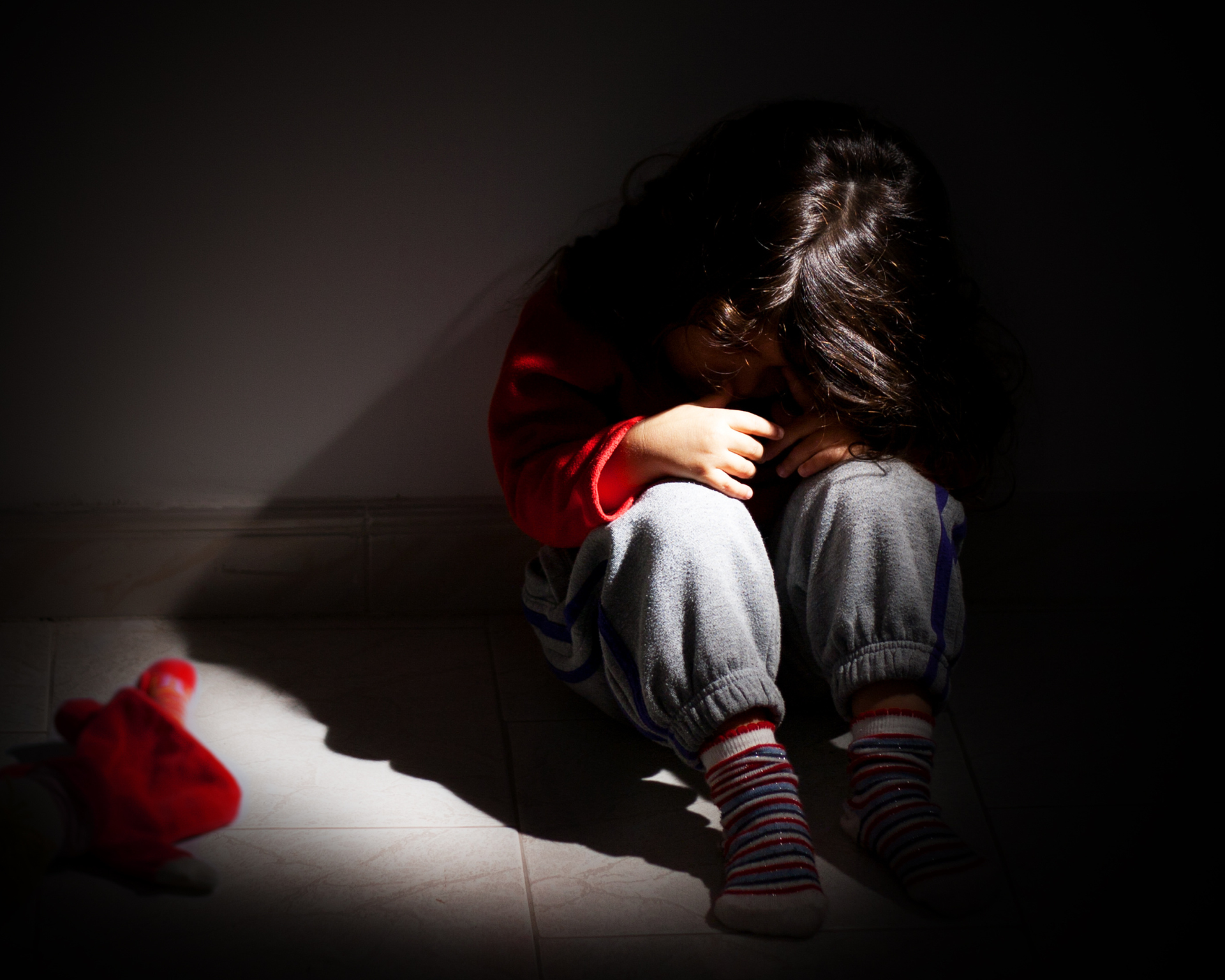Psychedelic Public Health
Researchers' efforts are providing significant new evidence that psychedelics are some of the safest and most effective tools for combating the global mental health crisis.

Read Time: 4 minutes
Published:
On February 3, 2021, Cambridge, MA became the latest city in the US to pass legislation decriminalizing psychedelics and other plant-based psychoactive substances known as “entheogens.”
Psychedelics are psychoactive substances that create a series of chemical reactions in the brain and induce an altered state of consciousness. In these chemically altered states, individuals regularly experience a heightened sense of psychological flexibility that enables them to shift their perspectives on behaviors and lived experiences. Thus, psychedelics act as a psychological catalyst that can have significant therapeutic benefits when they are taken in the proper set (mood) and setting.
Philosophically, the grassroots psychedelic decriminalization movement runs counter to the 1970 Controlled Substance Act (CSA) by using a harm-reduction approach to substance use instead of punishment. The CSA designated psilocybin (the active ingredient in “magic” mushrooms), lysergic diethylamide (LSD), and other psychedelics as Schedule I substances with no therapeutic value and a high potential for abuse. This has made studying them extremely difficult and possessing them a crime subject to severe punitive consequences.
Despite the US government’s efforts to criminalize psychedelics with the war on drugs, researchers with private funding and working under strict government regulation continued to explore them over the last few decades. These efforts are now providing significant new evidence that psychedelics are some of the safest and most effective tools for combating the global mental health crisis.
In fact, this wave of decriminalization is coming in the wake of ground-breaking research showing that these substances can be used to treat depression, post-traumatic stress, end-of-life anxiety, and an array of other mental health disorders. They can also improve quality of life among healthy individuals. Healthy people or “health normals” typically report that psychedelic drug experiences increase their creativity and spirituality, and often bring a renewed sense of purpose in life.
Following the positive results of clinical research comes the next step of rescheduling these substances under federal law to make them legally available to the public. The question then is: what framework should we use to legally give access to people?
Medicalization has been paramount for resurrecting favorable public opinion and legitimizing psychedelic-assisted therapy. The process of medicalizing psychedelics entails taking the favorable results of phase III clinical trials with medical grade psychedelic substances, getting the Food and Drug Administration’s approval, followed by a Schedule II reclassification by the Drug Enforcement Agency (DEA). Schedule II would mean that psychedelics are still considered to have a high potential for abuse and have therapeutic value only in strict medical settings.
This pathway forward is desirable for pharmaceutical companies who stand to profit from patenting psychedelic medications that will only be available with a prescription and limited to use in designated medical facilities. But medicalization of psychedelics alone is problematic for public health. For psychedelics to be reintegrated into society with equity and safety, decriminalization must occur simultaneously with medicalization.
In the US, rescheduling psychedelics exclusively for medical use means that only the privileged who have robust private health insurance or the ability to pay astronomical out-of-pocket costs for these therapies will have legal access to the benefits of psychedelics.
In effect, such a double standard under the law will exacerbate the mental health inequities within the criminal justice system. Making psychedelics exclusively available for legal use through an inaccessible mental health care system forces people who want to experience the therapeutic benefits of psychedelics (but can’t afford) to turn to cheaper underground outlets with unregulated drug sources and risk criminal penalties.
In a society that is increasingly using these substances to self-medicate, the overmedicalization and lack of decriminalization perpetuates the US prison-industrial complex, and neglects the promotion of harm-reduction measures to reduce negative outcomes of psychedelic-induced drug experiences. Therefore, psychedelic drug policy must be systematically restructured through a decriminalization framework at the federal level with an explicit focus on equity and social justice. This means that DEA should reclassify psychedelics as Schedule III or above, indicating that the potential for abuse is low-moderate and has significant generalizable therapeutic benefits.
Overall, as research brings us to the brink of legalizing psychedelics, advocates for psychedelic medicine should be driven to dismantle systemic mental health inequities by supporting the decriminalization of psychedelics. Medicalization alone will only distribute the benefits of psychedelics among those with the privilege to access them. Decriminalizing psychedelics gives anyone who would like to explore the benefits of psychedelics the ability to do so without fear of criminal penalties, and can also significantly shift the conversation towards harm reduction and sensible regulation.
Photo via Getty Images



